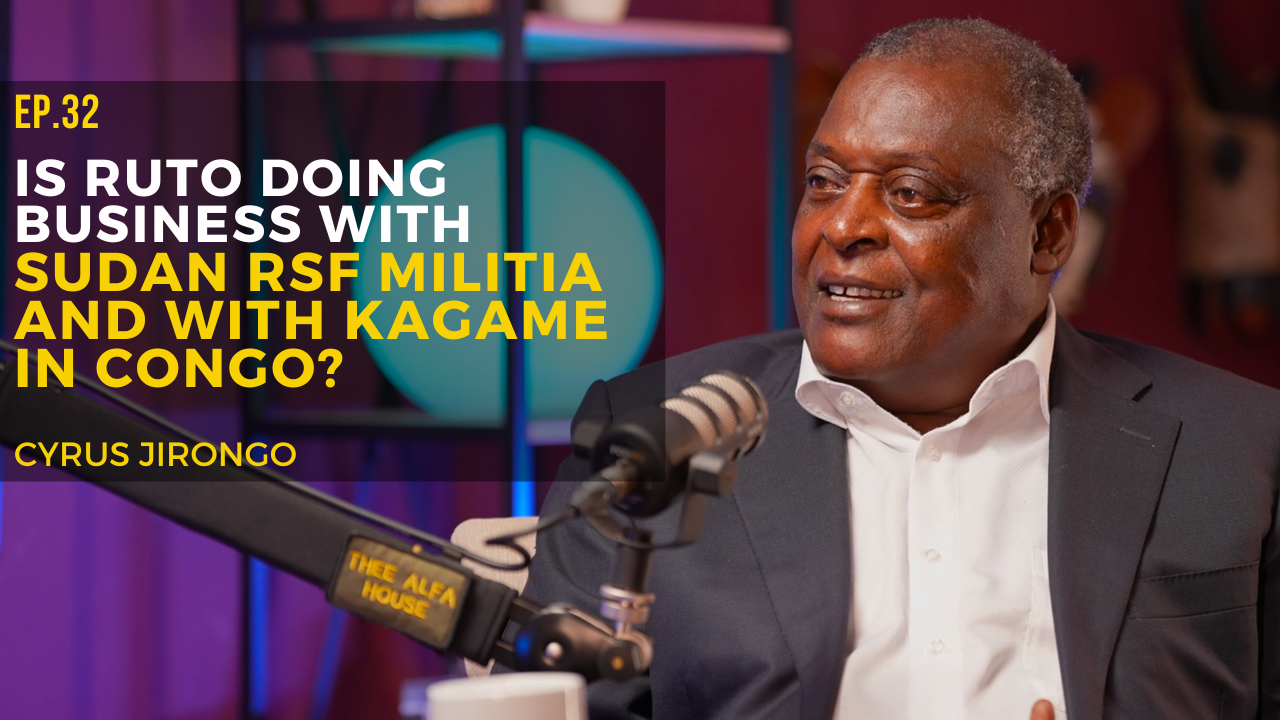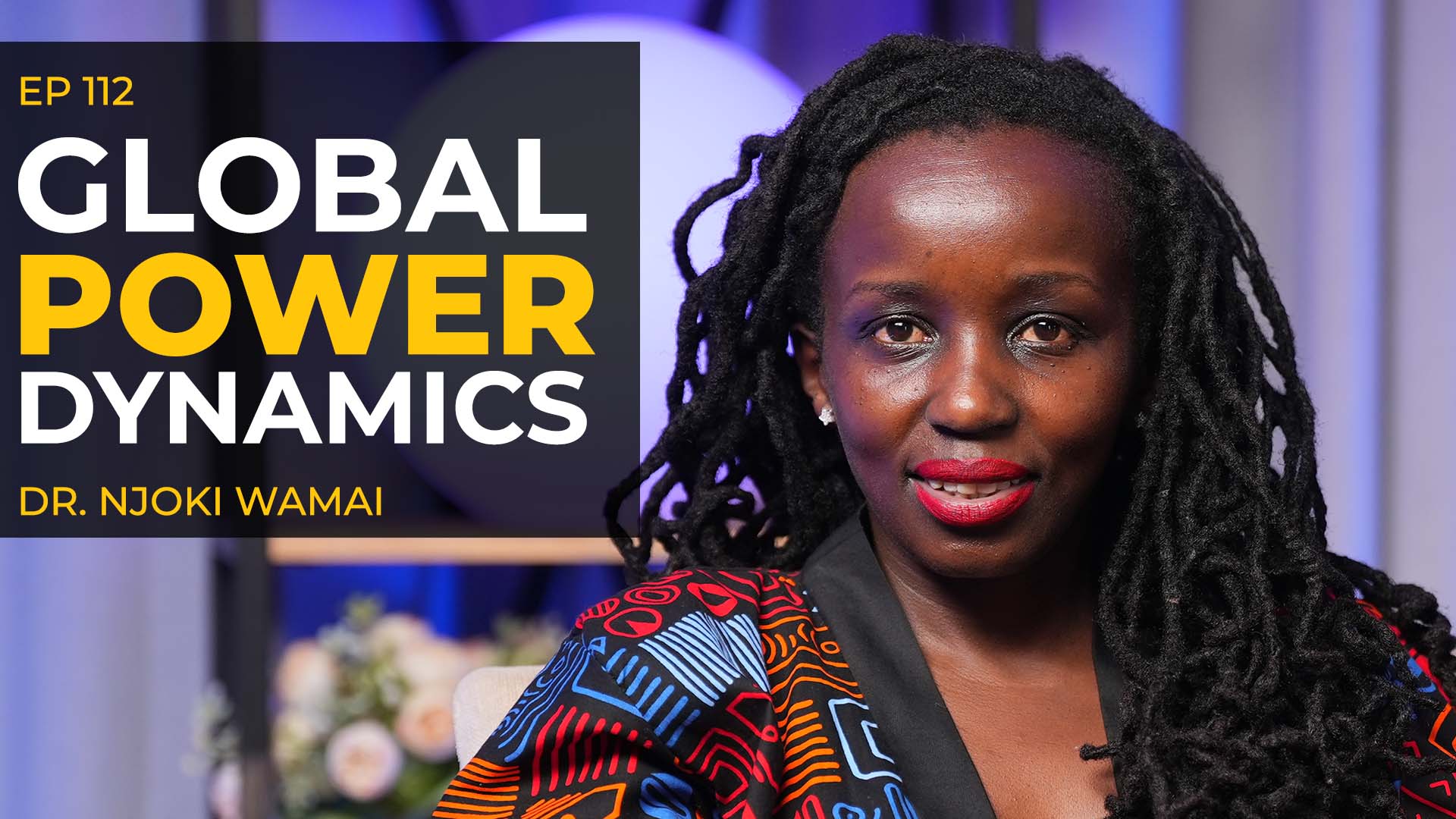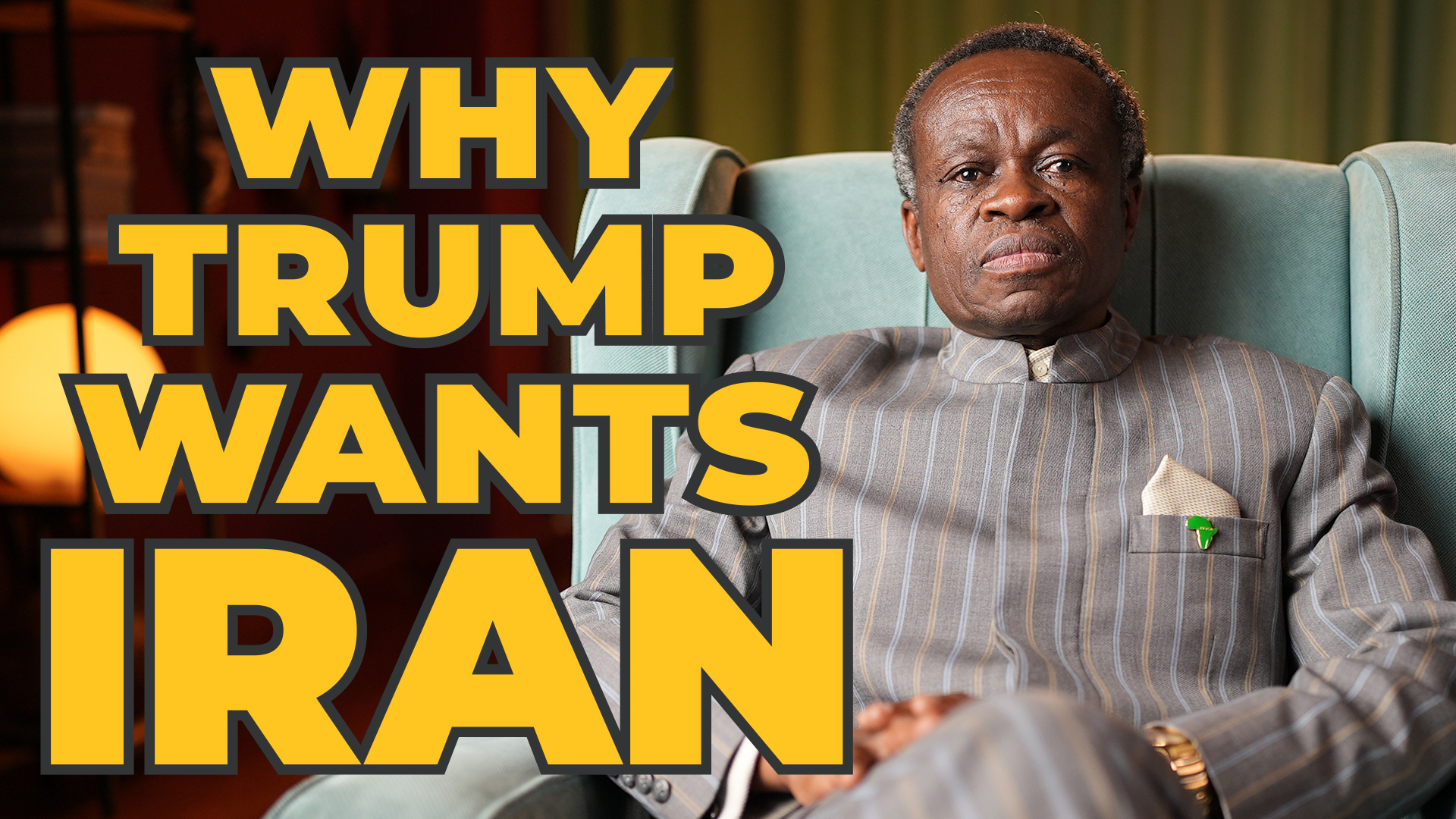In recent months, Kenya has faced international scrutiny for allegedly hosting the Rapid Support Forces (RSF) militia from Sudan, which some claim are attempting to establish a parallel government from Nairobi. This situation raises critical questions about Kenya’s diplomatic strategies, its leadership under President William Ruto, and the broader implications for African unity and stability.
The Implications of Hosting the RSF Militia
Kenya’s Controversial Position
Reports of the RSF militia operating from Kenyan soil have sparked outrage both domestically and internationally. Critics argue that such actions could undermine regional stability, especially given the ongoing conflict in Sudan. Cyrus Jirongo, a prominent political figure, contends that Kenya’s leaders are failing to protect national interests, suggesting that their governance is characterized by “selfishness and poor leadership.”
Diplomatic Blunders
Jirongo emphasizes that Kenya’s diplomatic blunders stem from a lack of vision among its leaders. He asserts that only through electing competent individuals into office can Kenya hope to rectify its standing in the international community. The presence of the RSF in Kenya has prompted fears that the country may be unwillingly drawn into Sudan’s conflicts, further complicating the already volatile political landscape in East Africa.
The Connection with Rwanda and the Congo Crisis
Allegations of Puppet Leadership
Jirongo’s commentary extends beyond Kenya to include Rwanda, accusing both nations’ leadership of being manipulated by Western powers seeking to exploit Congo’s mineral wealth. This assertion reflects longstanding concerns regarding foreign intervention in Africa, where external actors are often viewed as seeking to profit from the continent’s resources while disregarding the welfare of its people.
The Role of Kagame in the Region
Rwandan President Paul Kagame has been a controversial figure in Central Africa, particularly concerning his involvement in the Democratic Republic of the Congo (DRC). The accusations suggest that Kagame’s administration collaborates with armed groups, including M23, to secure access to the rich mineral resources of the DRC. Such actions raise ethical questions about the impact on local populations and regional stability.
The Broader Context of African Governance
A Call for Change
The discourse surrounding leadership in Kenya and Rwanda brings to light the urgent need for transformative change across the continent. Many Africans share Jirongo’s sentiment that effective governance is crucial for sustainable development and peace. There is a growing call for accountability, transparency, and a genuine commitment to addressing the needs of citizens rather than serving external interests.
The Potential for Unity
For Africa to forge a path toward a better future, there must be concerted efforts to foster collaboration among nations. Unity can serve as a powerful tool against external exploitation and internal discord. Leaders must prioritize collective action to address shared challenges, such as resource management, conflict resolution, and economic development.
Conclusion
As Kenya navigates its complex relationships with the RSF militia and the Rwandan government, the stakes for regional stability remain high. The insights from Cyrus Jirongo highlight the need for more accountable and visionary leadership to foster a brighter future for Africa. By prioritizing the needs of its people and working towards greater unity, the continent can aspire to overcome its historical challenges and chart a new course toward prosperity and peace.





Leave a Reply